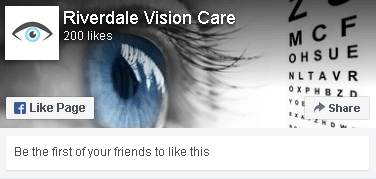Overview
Myopia (nearsightedness) is on the rise worldwide. As one of the most common vision impairments, many health experts are concerned that half the world will have myopia by 2050. Statistics like that can be surprising, but the good news is that myopia is correctable.
When it comes to myopia control, beginning early leads to the best outcomes, which is why management starts at a young age. Myopia can’t be reversed, but you can protect your child’s visual development.
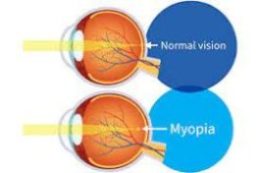
What is Myopia?
Myopia is when your vision is clear up close, but blurry in the distance. Nearsightedness is a refractive error caused by a longer than normal eye or a steep cornea shape.
Myopia exists on a scale from low to high myopia. Patients with low myopia might barely notice vision loss, with minimal use of corrective solutions. Someone with high myopia will need corrective options for everyday activities, like taking notes in a classroom or aiming a curveball.

Complications of Myopia
Myopia is more than slightly blurry vision. If ignored, the condition can worsen. The progression of myopia can lead to significant eye health issues, including retinal detachment, degenerative myopia (blindness), or glaucoma.
Treatment Options to Slow Myopia Progression
- Orthokeratology
- Soft Myopia Control Lens
- Atropine therapy
Don’t let myopia stop your child from enjoying everyday activities. There’s a solution that’s right for your child. Consult with our myopia control specialist to find the most effective and comfortable treatment options.
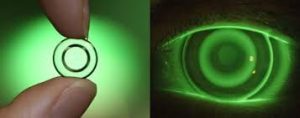
Orthokeratology
Orthokeratology, or OrthoK, is a nonsurgical procedure that eliminates the need of glasses or daytime contacts. It improves vision by gently reshaping your eyes WHILE YOU SLEEP using therapeutic contact lenses. You just put the specially fitted lenses in at bedtime, and when you awake, you will have clear, sharp, natural vision for your waking hours. This safe and effective treatment can correct near-sightedness.
Soft Myopia Control Lenses
Soft Myopia Control contact lenses are a popular choice for myopia control in children. Unlike standard single vision lenses, myopia control contact lenses offers rings of varying lens power in each contact. The differing lens powers help the eyes to focus correctly, slowing eyeball growth, which can worsen myopic symptoms.
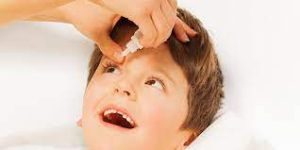
Low Dose Atropine Eye Drops
Medically prescribed eye drops that contain a low dose of atropine have been used to slow the progression of myopia since the 1960s. Studies have shown that low-dose atropine eye drop treatment slows myopia progression by 50-60% over 2 years.
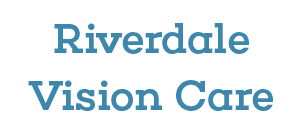
973-248-0060
92 Route 23 N Suite E
Riverdale, NJ 07457
Office Hours
Monday: 9:30am - 6:00pm
Tuesday: 9:30am - 6:00pm
Wednesday: 9:30am - 6:00pm
Thursday: 9:30am - 6:00pm
Friday: 9:00am - 4:00pm
Saturday: 9:00am - 3:00pm
Sunday: Closed
info@riverdalevisioncare.com

